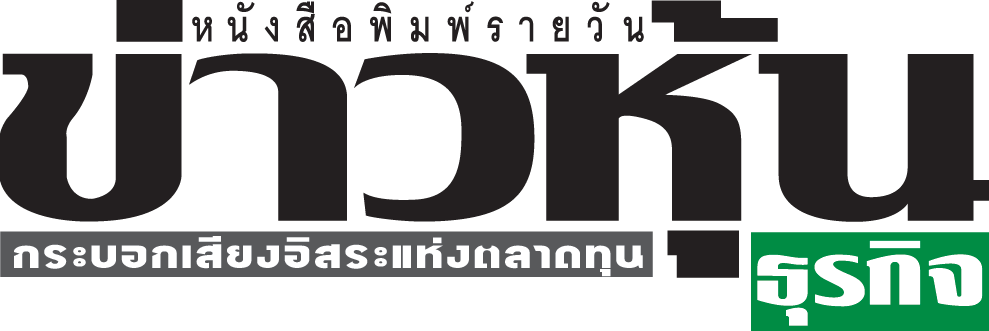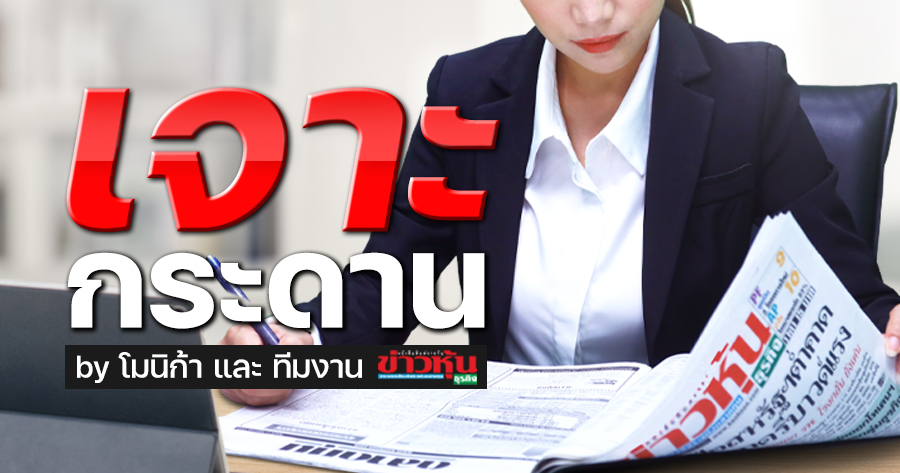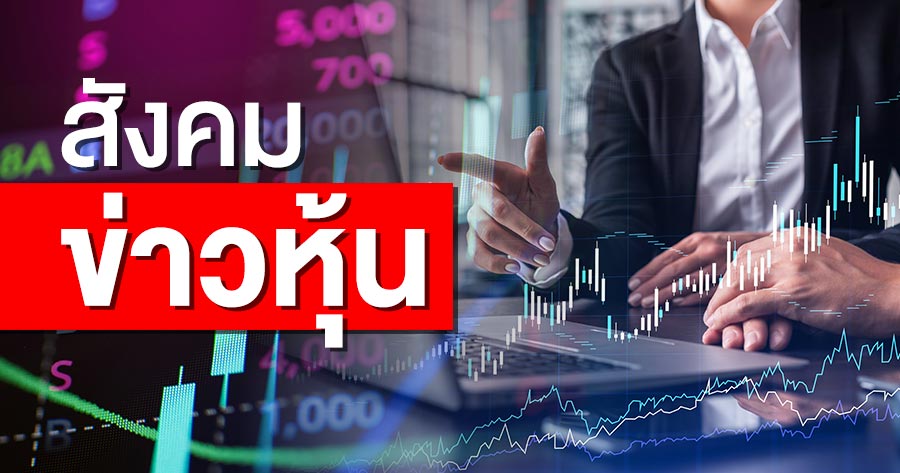
KGI Sees Government’s Interest Rate Cut to Have a Limited Effect on Non-Bank
KGI sees the government's interest rate cut to have a limited effect on non-bank, pointing out the share price decline as an opportunity to “BUY”.
The financial sector was taken aback by the government’s recent guideline to lower interest rate ceilings in response to the country’s soaring household debt, despite the fact that interest rates are already fairly low. Currently, most financial institutions have set a car title loan interest rate about 15% vs. the ceiling of 24% and a nano finance interest rate about 28% vs. the ceiling of 33%.
KGI Securities (KGI) forecast a limited impact on the non-banking sector, seeing the share price decline as an opportunity to “BUY”, highlighting MTC, SAWAD, and KTC due to their high margins.
KGI stated that guidance from the government on household debt creates fears about the lending rates of banks and non-banks. Reducing the ceiling on consumer loan lending rates in mid-2020 and competition has forced the loan yields of major players down 2-3ppts. If the regulator forces lending rates to be cut again, KGI believes non-banks would not cut their lending rates as competition has already forced the lending rate well below the ceiling rate. KGI sees the pullback in share prices as an opportunity to buy, as a lower lending rate will not drive non-banks to lend more and will limit the access to funding for this customer segment.
KGI thinks additional measures or regulations will be more specific in the type of consumer loans and the impact to banks and non-banks will be specific to segment. After reducing the ceiling lending rate on consumer loans, the lending rate for credit cards is lowest among types of consumer loans, so KGI expects no more rate cuts on this segment. However, the lending rates on personal loans/title loans are still high at 25%/24%, respectively, while the lending rate for nano loans is at 33%, and that may be considered by the regulator to review the ceiling rate.
Highlighting limited impact to MTC, SAWAD, and KTC. KGI believes competition from Government Savings Bank (GSB) resulted in major players Muangthai Capital (MTC) and Srisawad Corporation (SAWAD) lowering their lending rates to 15% for motorcycle title loans and 18% for car loans, which is well below the ceiling rate. As these title loans account for 70% of total loans for MTC and 40% for SAWAD, KGI sees limited impact to these two companies in this loan segment. Any negative impact to MTC and SAWAD will depend on lending rate cuts on the Nano segment, MTC charges 25% vs. 28% for SAWAD. Each 1ppts reduction in nano loan will impact MTC/SAWAD earnings by 4%/3%. Furthermore, Krung Thai Card (KTC)’s main lending is in credit cards (66% of total loans) while it has exposure of around 34% in personal loans. KGI sees every 1ppts reduction in the lending rate (vs. no lending change for credit card) impacting its earnings 3.5%.
Additionally, in KGI’s view, cutting lending rates will not hurt the earnings of banks and non-banks much. If the regulator forces lending rates lower, most of them will stop lending once the spread thins at 5%.
Currently, loan yield for non-banks is around 20-24%, while operating expense comes from three parts i) cost of funds is 3-5%, ii) credit cost is 1-4%, and iii) SG&A/loan is 8-12%. Thus, net margin is around 8% for KTC, 6.5% for SAWAD and MTC, and <4% for Aeon Thana Sinsap (Thailand) (AEONTS) and Ngern Tid Lor (TIDLOR).
KGI expects a net margin at <5% will not encourage these institutions to lend. On the other hand, going forward, KGI sees re-opening as a key theme for banks and non-banks. This is especially true for non-banks, as they are a major source of lending to street vendors. KGI anticipates them gaining solid loan growth momentum in 3Q21 and the pull back in share prices provides a buying opportunity.


